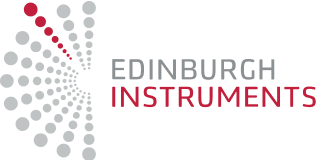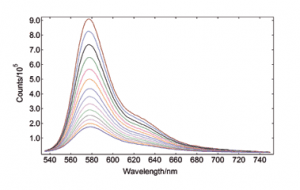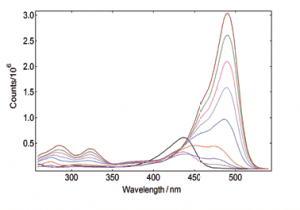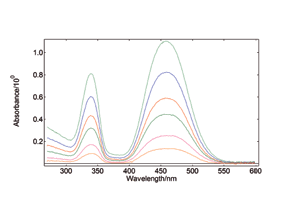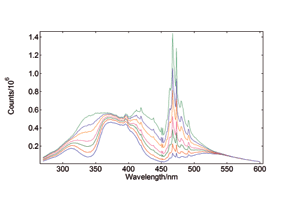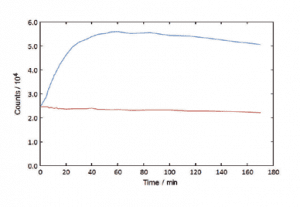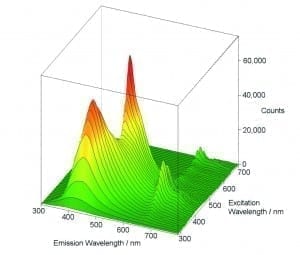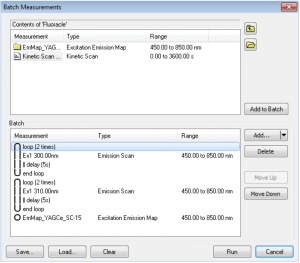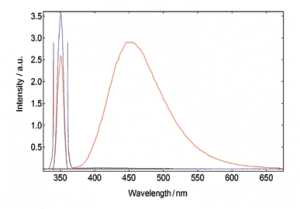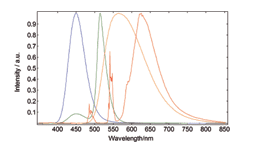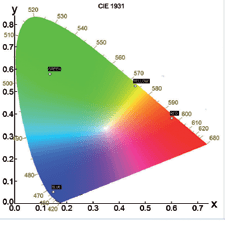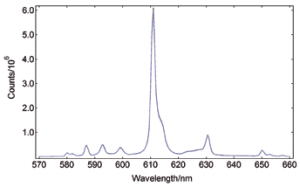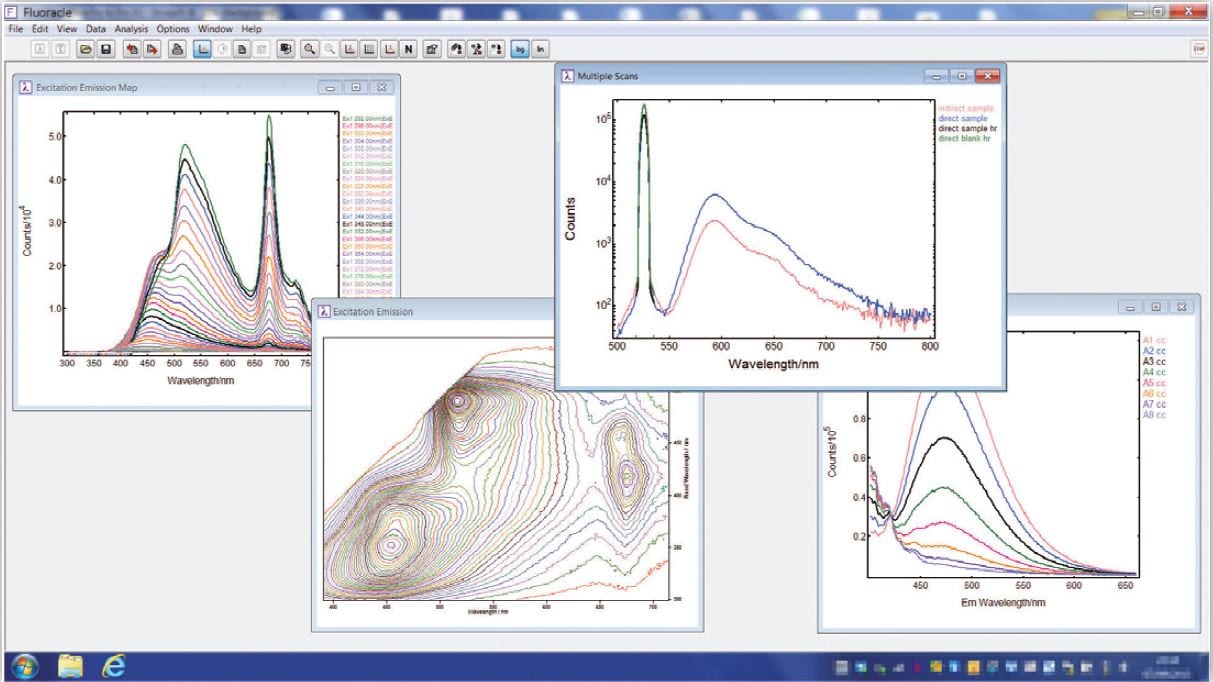
Fluoracle Software
Fluoracle controls all FS5, Mini-tau and FLS1000 series of steady state and time-resolved spectrometers and features a straightforward design concept:
“to focus on all modern photoluminescence spectroscopy applications whilst providing a user-friendly interface with ‘ready to publish’ outputs”
Product Description
Fluoracle® is an exceptional software package specifically written to handle data and instrumentation in fluorescence spectroscopy.
Fluoracle is the successor of the proven F980 software from our FLS980 product line and it is this that provides the backbone to Fluoracle.
Whether you select a basic spectral scanning version of one of our spectrometer systems, or you go for an advanced version that includes TCSPC lifetime measurements, or integrating sphere measurements, the software will provide all instrument options automatically, from data acquisition to analysis and presentation.
Fluorescence Lifetime Imaging Microscopy (FLIM) acquisition and analysis are included in Fluoracle with a MicroPL upgrade.
Measurement Examples
Technical Specifications
| Software Functionality for Steady State Spectroscopy | ||
|---|---|---|
| Measurement Modes | Control Features | Data Manipulation and Display |
| Signal rates | Wavelength selection (λEX & λEM) | Arithmetic ( + , – , × , / , append ) |
| Excitation spectra | Grating selection | Scaling / multiplication factor |
| Emission spectra | Spectral bandwidths | Normalise |
| Anisotropy spectra | Integration time per data point (1 ms – 200 s) | Baseline subtraction |
| Kinetic measurements | Sample selection (multi-position sample wells) | Zoom / Crop range |
| Synchronous spectra | Programmed excitation shutter | Smooth |
| Corrected spectra | Programmed attenuator | 2D, 3D, Contour and text |
| Temperature resolved spectra map | Source and detector selection | Grid ON / OFF |
| Synchronous spectra map | Online spectral data correction | Differentiation / Integration |
| Excitation-emission map | Post acquisition spectral correction | Peak search and display |
| Sample temperature monitoring | Polariser selection and orientation | Correction |
| Reflection measurements | X-Y Sample stage control | Anisotropy (G factor corrected) |
| Absorption measurements | Sample temperature control | Logarithmic / linear scales |
| Absorptance | Sample selection (multiple cuvette holders) | Comprehensive measurement and file properties for record keeping |
| Reflectance | Temperature control of sample holders | Data manipulation and ASCII / CSV output |
| Batch measurements | Detector gating for phosphorescence spectra | Cursor locations |
| Absolute quantum yield measurements | Cryostat control | Join, split and extract frames |
| Multiple sample position and well-plate measurements | Microscope stage control | Spectral correction wizard |
| Service scans | Plate reader control | Absolute quantum yield wizard |
| Titrator control | Chromaticity calculation and display wizard | |
| Software Functionality for Time-Resolved Photoluminescence Measurements | ||
|---|---|---|
| Measurement modes | Control Features | Analysis Features |
| Signal rates | Wavelength selection for excitation and emission monochromators | Full data reconvolution using a non-linear least square fitting routine: |
| Manual lifetime measurement | Sample selection (multi-position sample holders) | Exponential reconvolution or simple tail fit |
| Multiple lifetime measurement | Detector selection (up to 3) | 1-4 independent exponential decay times, fixed or as free fit parameters |
| Instrument Response Measurement | nF920 flashlamp voltage, frequency control and gas pressure monitor | Shift parameters, fixed or as a free fit parameter |
| Time resolved excitation spectra | External Laser Triggering | Background fit, fixed or as a free fit parameter |
| Time resolved emission spectra | Programmable iris attenuator | Chi-squared goodness-of-fit test |
| Fluorescence anisotropy | Multiple sources | Weighted residuals, Durbin-Watson parameter |
| Temperature controlled lifetime measurements | Polariser selection and orientation | Autocorrelation function |
| Sample temperature monitoring | Cryostat control | Anisotropy calculation |
| Multiple sample position and well-plate measurements | Measurement to peak counts or preset time | Time resolved spectra |
| Forward or Reverse mode | ||
| CFD settings on START and STOP: threshold, zero crossing and divider | ||
| Channel Selection: 512 – 8192 channels (TCSPC) and 500 – 8000 channels (MCS) | ||
| Time Range Selection: 2.5 ns – 50 µs (TCSPC) and 5 ms – 1000 s (MCS) | ||







